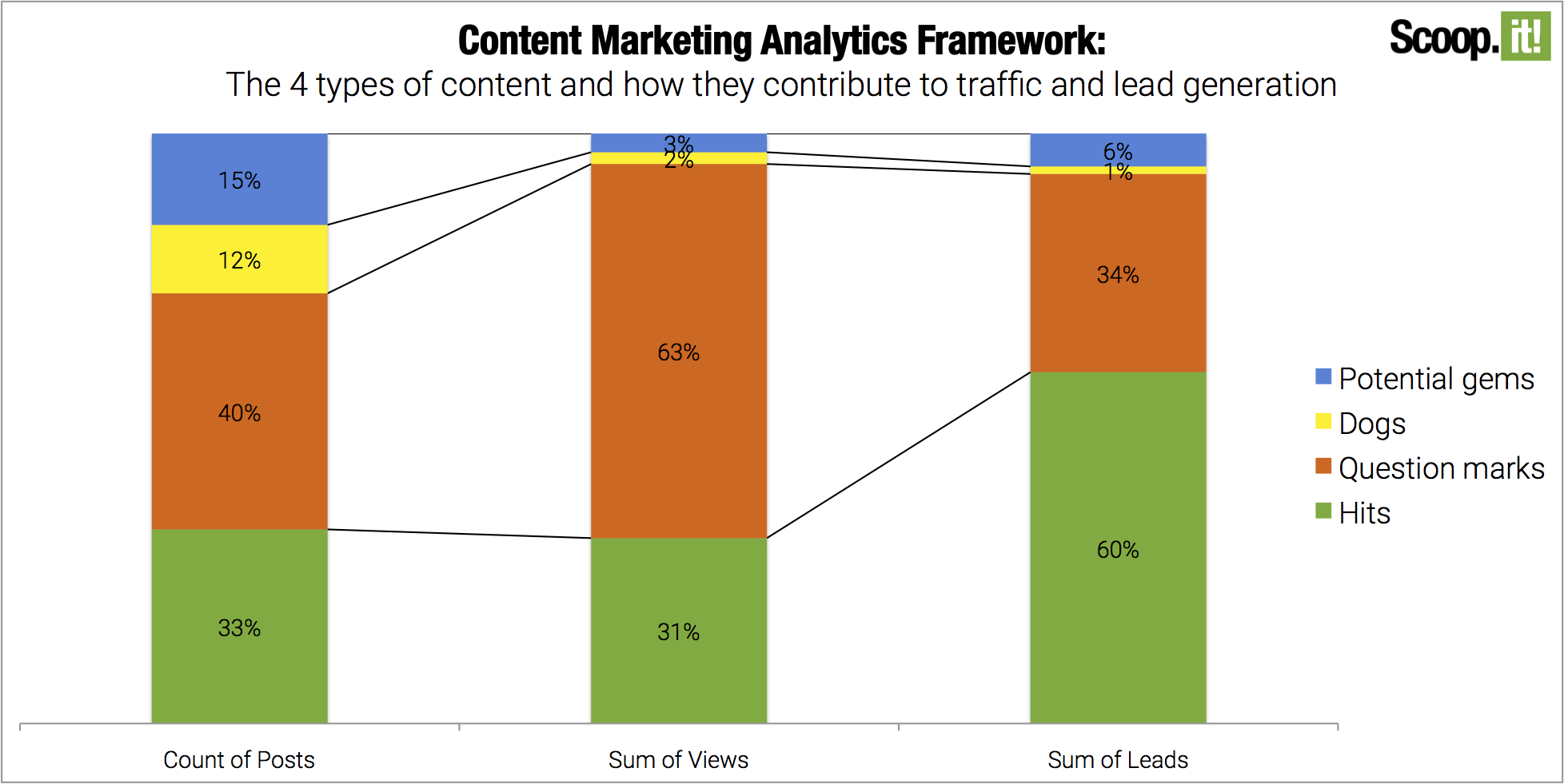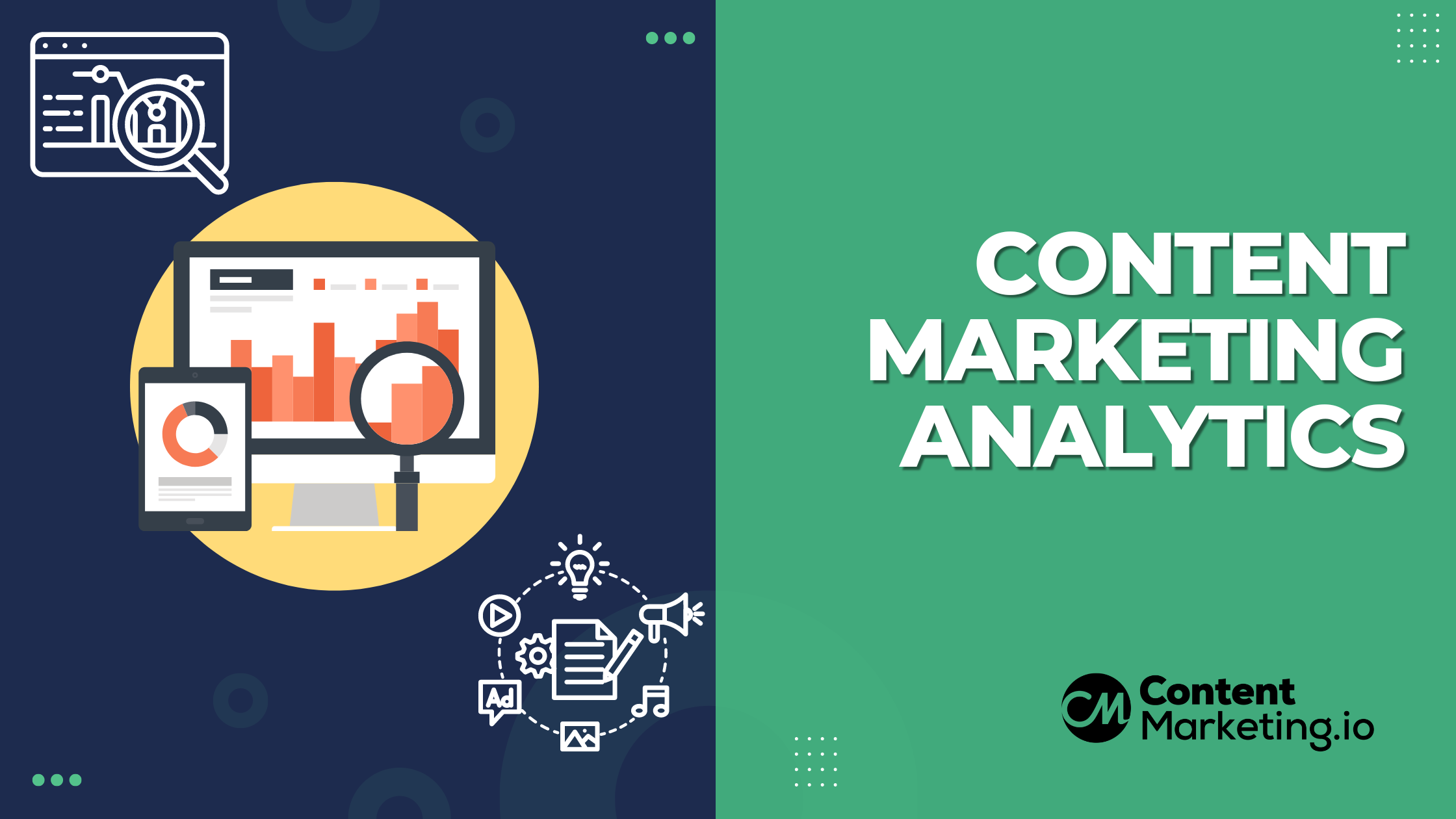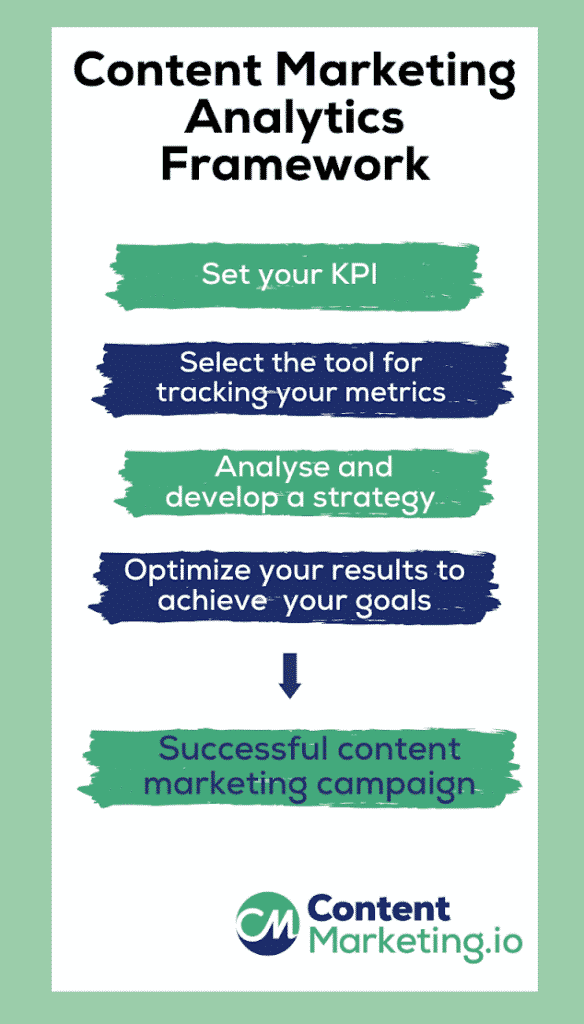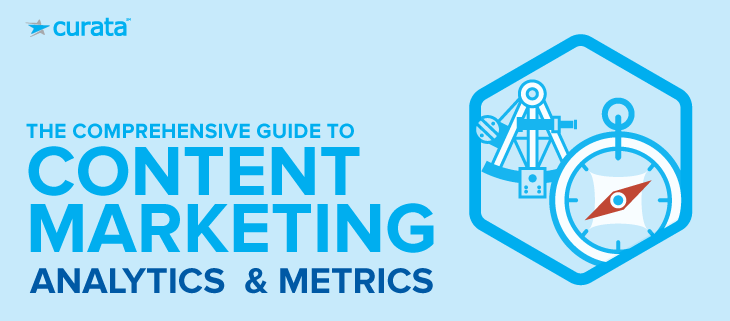Content marketing analytics is the backbone of successful campaigns. It helps you understand what works and what doesn’t.
In the ever-evolving landscape of digital marketing, tracking and analyzing your content’s performance is crucial. With so many tools and metrics available, navigating through content marketing analytics can seem overwhelming. Content marketing analytics offers insights into audience behavior, engagement, and conversion rates. By leveraging these metrics, you can make informed decisions to optimize your strategy. Whether you are a seasoned marketer or a beginner, understanding the power of analytics can transform your content efforts. Looking for a tool to simplify this process? Check out Roundups. It uses AI to research products and generate buying guides, helping you inform and engage your audience while earning commissions. Learn more about it here.
Introduction To Content Marketing Analytics
Content marketing analytics helps understand how content performs. It is crucial for improving strategies. Metrics like page views, bounce rate, and conversion rate matter. They show what works and what doesn’t.
Analyzing data helps target the right audience. It also aids in creating relevant content. Data provides insights into user behavior. This makes content more engaging and effective.
Data is important for making informed decisions. It helps measure success and areas needing improvement. With data, marketers can track trends and patterns. This leads to better planning and execution.
Data-driven decisions increase ROI. They also help optimize marketing efforts. Understanding data helps in personalizing content. This enhances user experience and builds trust.

Credit: blog.scoop.it
Key Features Of Content Marketing Analytics Tools
Real-time data tracking offers instant insights. This helps in making quick decisions. It allows you to see immediate results of your content. You can adjust your strategy fast. This keeps your content relevant and effective.
Audience segmentation divides your audience into smaller groups. These groups share common characteristics. Targeting these groups improves engagement. It helps in delivering personalized content. This leads to better results and higher satisfaction.
Content performance metrics measure how well your content performs. Metrics like views, shares, and comments are crucial. They help in understanding audience preferences. Using these metrics, you can improve your future content.
SEO and keyword analysis improve your content’s visibility. It helps in finding the right keywords. Using these keywords makes your content easily searchable. This drives more traffic to your site.
Social media insights show how your content performs on social platforms. They provide data on likes, shares, and comments. Understanding these insights helps in creating better social media strategies.
Customizable dashboards and reports offer flexibility. You can tailor them to your needs. This makes it easier to track important metrics. It also helps in presenting data in an understandable way.
Pricing And Affordability Of Analytics Tools
Analytics tools come with different pricing models. Some use a subscription method, others offer one-time purchases. Many tools provide tiered pricing based on features. Basic plans are often cheaper, while advanced plans cost more. This way, users can choose what fits their budget and needs.
Cost and value are two sides of the same coin. Higher-cost tools often offer more features and better support. Yet, lower-cost tools can still provide great value. It’s important to compare what each tool offers. Look for features that match your needs. Think about the return on investment you might get.
Free tools are a good start for beginners. They help you get a feel for what you need. Yet, they often have limitations. Paid tools offer more features and better support. They can save time and improve results. The key is to find the right balance between cost and benefit.
Pros And Cons Of Using Content Marketing Analytics
Data-driven decisions bring many advantages. They help in understanding audience preferences better. This understanding leads to more effective content. Marketers can see what works and what doesn’t. This saves time and resources. Better targeting results in higher engagement. Improved engagement often leads to increased conversions. Using data, you can measure success accurately. This helps in refining future strategies. Overall, data-driven decisions boost efficiency and productivity.
Content marketing analytics can be complex. It requires proper tools and skills. Not everyone can interpret data correctly. This can lead to wrong decisions. Data collection can be time-consuming. Small businesses might find it costly. There’s also the issue of data privacy. Managing large data sets can be challenging. Over-reliance on data might stifle creativity. Balancing data and intuition is important.
Many think analytics guarantee success. This is not true. Analytics provide insights, not solutions. Some believe more data is always better. Quality of data is more important than quantity. Others think analytics are only for big companies. Small businesses can benefit too. There’s a misconception that analytics replace creativity. Both should work together. Some think analytics are too technical. Many tools are user-friendly now. Analytics help, but they are not magic.
Recommendations For Ideal Users
Ideal users for content marketing analytics include marketers seeking to understand their audience. They benefit from analyzing content performance. Better decisions can be made through data-driven insights.
Small Businesses And Startups
Small businesses need to maximize their resources. Using tools like Roundups can save time and money. AI research and writing reduce the workload. This means more time for other tasks. Plus, earning affiliate commissions helps increase revenue.
Content Marketers And Strategists
Content marketers benefit from AI-generated guides. These guides engage and inform audiences. Customizing the content adds a personal touch. Sharing guides online boosts visibility. Monetizing content through affiliate links adds extra income.
Large Enterprises And Corporations
Large enterprises need efficient content strategies. Roundups offers scalable solutions for big teams. Publishing options make content easy to distribute. SEO optimization helps reach a wider audience. Earning commissions is an added financial benefit.

Credit: contentmarketing.io
Conclusion: Achieving Success With Content Marketing Analytics
Achieving success with content marketing analytics involves tracking key metrics and analyzing data. This helps improve strategies and drive better results.
Key Takeaways
Using content marketing analytics can help improve your strategy. Track key metrics like engagement, conversion rates, and traffic. Use this data to optimize content for better results. Understand what works and what doesn’t. Adjust your approach based on real-time insights. Create more content that resonates with your audience.
Tools like Roundups make this easier. They offer AI research and writing to save time. You can also earn commissions through affiliate links. Choose from plans like Free, Lite, or Pro. Each plan offers different features to suit your needs. Start small and scale as you grow.
Future Trends In Content Marketing Analytics
Future trends point towards more AI integration. Expect tools that provide deeper insights and automated suggestions. Personalization will become crucial. Tailor content to individual preferences. Predictive analytics will also gain importance. Use data to predict trends and stay ahead. Visual analytics will help make data more understandable.
Roundups is already embracing these trends. With AI-driven research, it simplifies creating content. Stay updated with these evolving trends. Keep improving your content strategy. Use analytics to drive better results and monetize effectively.

Credit: contentmarketing.io
Frequently Asked Questions
What Are The 4 Types Of Data Analytics In Marketing?
The four types of data analytics in marketing are: 1. Descriptive Analytics: Understand past performance. 2. Diagnostic Analytics: Identify causes of past outcomes. 3. Predictive Analytics: Forecast future trends. 4. Prescriptive Analytics: Recommend actions for optimal results.
What Are The 4 C’s Of Content Marketing?
The 4 C’s of content marketing are Creation, Curation, Collaboration, and Community. Create valuable content, curate relevant information, collaborate with influencers, and build a community around your brand.
What Are The 5 P’s Of Content Marketing?
The 5 P’s of content marketing are Plan, Produce, Publish, Promote, and Perfect. These steps ensure effective content creation and distribution.
What Are The 3 C’s Of Content Marketing?
The 3 C’s of content marketing are: Create valuable content, Curate relevant information, and Connect with your audience.
Conclusion
Content marketing analytics helps you measure and improve your strategy. Utilize these insights to create more engaging content. Tools like Roundups can simplify this process. Roundups use AI to research and generate buying guides. They save time and enhance your content’s impact. Check out Roundups to streamline your content marketing efforts. Start making data-driven decisions today.

